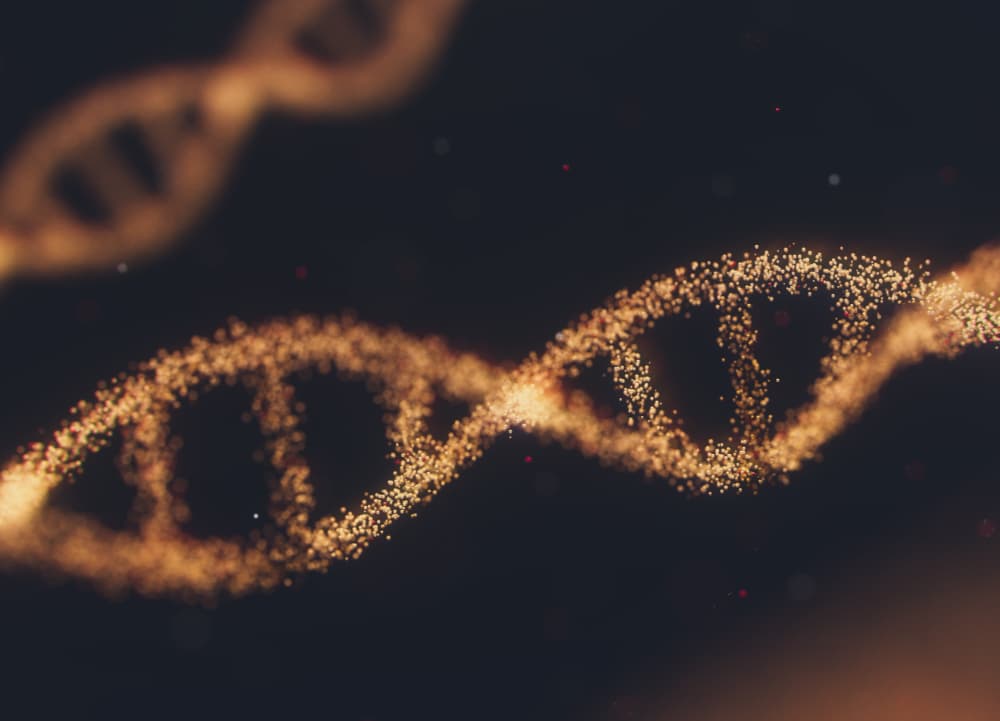Is Addiction a Genetic Disorder?
Genetic research has made incredible strides in the recent decades. And it could still be considered in its infancy. This means there is a lot to learn. Similar things could be said for the treatment of addiction. Even though there are proven medical treatments to substance use disorders, the connection between genetics and addition is still being studied. Indeed, studies will certainly continue for years to come.
But what are we finding?
Whereas the connection between genetics and addiction has gone through it’s ups and downs—some years it’s in vogue to downplay it, other years studies show the opposite—things are clarifying to some degree.

The Addiction Treatment Obstacles
There’s a lota of misunderstanding and stigma surrounding alcohol and drug addiction. Most of what the average person knows about addiction is rooted in stereotypes and discrimination. Hollywood plays its part. Breaking Bad, Intervention, The Hangover, have their own takes.
But so does straight misunderstanding. If a person decided to start drinking or taking drugs, they should be able to decide to stop.
Understanding how addiction alters one’s brain is the first step to breaking free and regaining control of one’s life. But the addiction gene idea may also help.
The Addiction Gene
Ever wondered why one person can try alcohol or drugs and become hooked after just one use while another is seemingly unaffected? Most studies indicate that it is a combination of environment and genetic influences. Environment could mean traumatic experiences, family dynamics, social groups, even cultural norms.
But there are studies that show biology does play a significant part. For instance, the number of dopamine D2 receptors (the main receptor for most antipsychotic drugs) you have is determined by … your genes. Basically, if you have fewer receptors, you could be more likely to become addicted to cocaine, heroin, and alcohol.
Your genes would be a major factor in this instance. And this is just one example.
More on Genetics and Addiction
Research has established different links between genetics and addiction that could explain why some people become addicted, and others don’t. According to most studies, the genes involved in susceptibility to addictions include both substance-specific genes and genes that act upon common passageways involved in addiction to different agents.
Substance-specific genes comprise genes encoding gatekeeper molecules such as drug receptors (e.g., nicotinic receptors, OPRM1) as well as genes for metabolic enzymes involved in the metabolism of the substance (e.g., ALDH2, ADH1B for alcohol).
Medication-Assisted Treatment
The danger of this information is that a person might consider themselves immune to addiction. They may believe that they are free and clear to do whatever they want with alcohol or drugs because they are not genetically predisposed to addiction.
The truth is every person is susceptible to addiction. If you consume an addictive substance, you put your body and brain in vulnerable position. And continuous long-term exposure guarantees addiction. It is that simple.
No one starts off planning to develop an addiction, but many people get caught in its snare. The good news is, even those who do go on to develop addictions can overcome them. However, a professional addiction treatment program and medication assisted treatment will likely be necessary.
Addiction Rehab in Montgomery County, PA
If you have a substance use disorder and are looking for professional help, the Volpicelli Addiction Center is here to answer your questions. Our unique outpatient drug and alcohol detox is designed to give you proven medication assisted treatment along with psycosocial support for lasting recovery. If you are looking for Vitriol or Suboxone medication services we also are certified suppliers.

